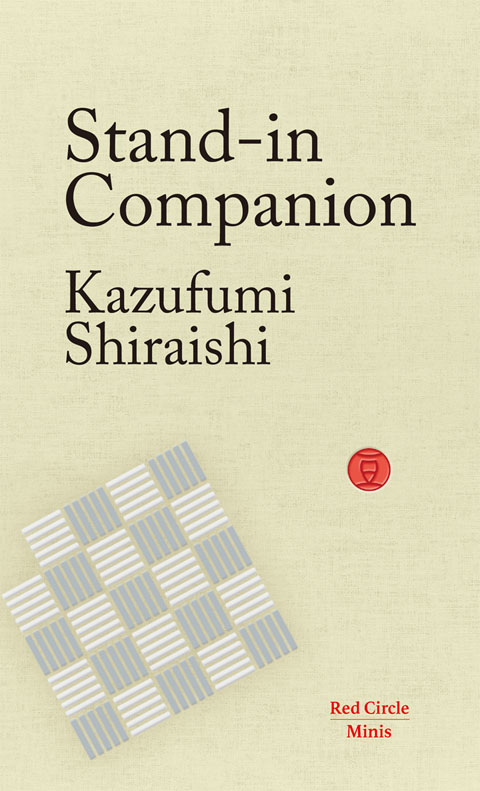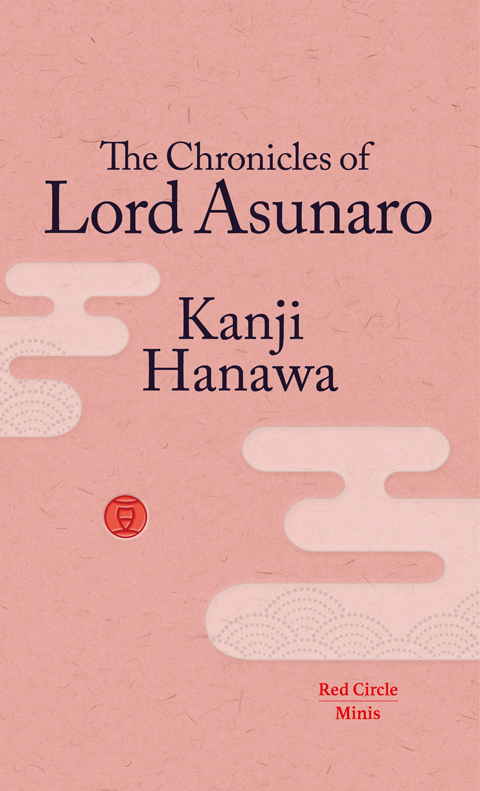
Synopsis
This thought-provoking and intriguing tale, by the Akutagawa Prize-nominated master short story writer Kanji Hanawa, revolves around the extraordinary real story of the seven-year-old boy who went missing in the bear-inhabited forests of northern Japan for six whole days in 2016, after his parents had apparently abandoned him as a punishment.
In Backlight, translated by Richard Nathan, a child is left alone at the side of a road in the mountains of Hokkaido in northern Japan by his parents. When they return moments later, the boy is gone. Ishida, a Professor of Psychology is enlisted as part of the search team.
As days pass, the search goes on and the number of people involved reaches more than a thousand. Ishida and his colleagues assess, analyse and discuss taking them on their own journey from theories concerning the whereabouts of the child, to the very heart of the Japanese psyche.
A complex and challenging look at an unfolding emergency, a culture and a country.
Acclaim
‘The superb Backlight tracks with admirable patience the moments before and after the Hokkaido boy’s disappearance… To be locked in the house is a punishment in the West, as many current readers mat be feeling only too well; to be locked out is a punishment in Japan. It is a beautiful passage in which Japanese identity is explored.’
TLS
‘This is a little piece of intrigue, and make no mistake, it’s intriguing to see a whole series of books like this being launched, from a tiny specialist house…The intrigue is definitely continued with the contents, for this builds on a real-life case of one Japanese family.’
NB Magazine
‘I have admired, the Akutagawa Prize-nominated Hanawa’s literary style for a long time. Each time he is nominated, I recommend him. And I am delighted that he continues to write at the same prize-winning level.
’Shohei Ooka, novelist and winner of the Mystery Writers of Japan Award, as well as the Noma, Asahi and Yomiuri Prizes
‘The universal and timeless theme of this thought-provoking and intriguing story is one of identity and self-worth. It cleverly touches on the realms of family dynamics, child psychology and even the influence of legends and fairytales on the collective consciousness – whether inside or outside Japan. And as the story closes we come to fully understand our protagonist’s initial cynicism and reluctance to take part in the search for the missing boy in the first place, as this perfectly structured tale comes full circle.’
Alex Pearl, author of Sleeping with the Blackbirds
‘He writes with a surreal style, similar to how I do on occasion, which I find very interesting and stimulating. But what makes me really happy is that he does it so much better than I do.’
Makoto Shiina, author of Gaku Monogotari





